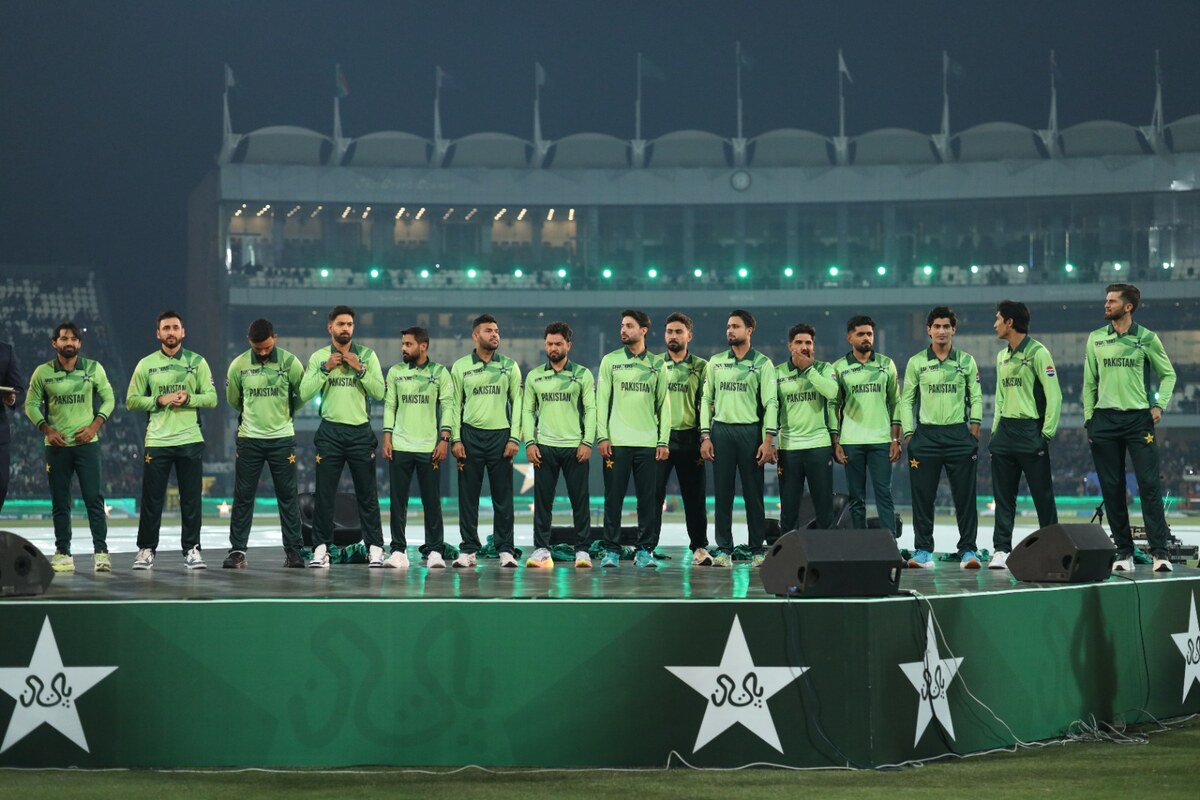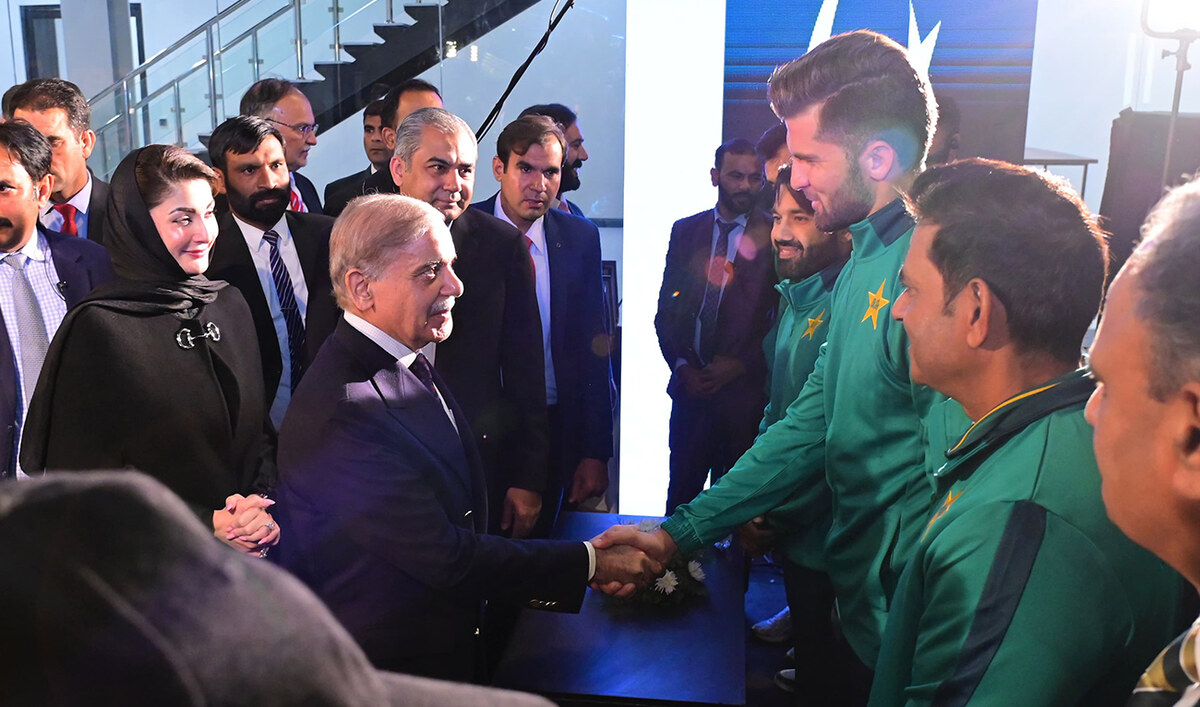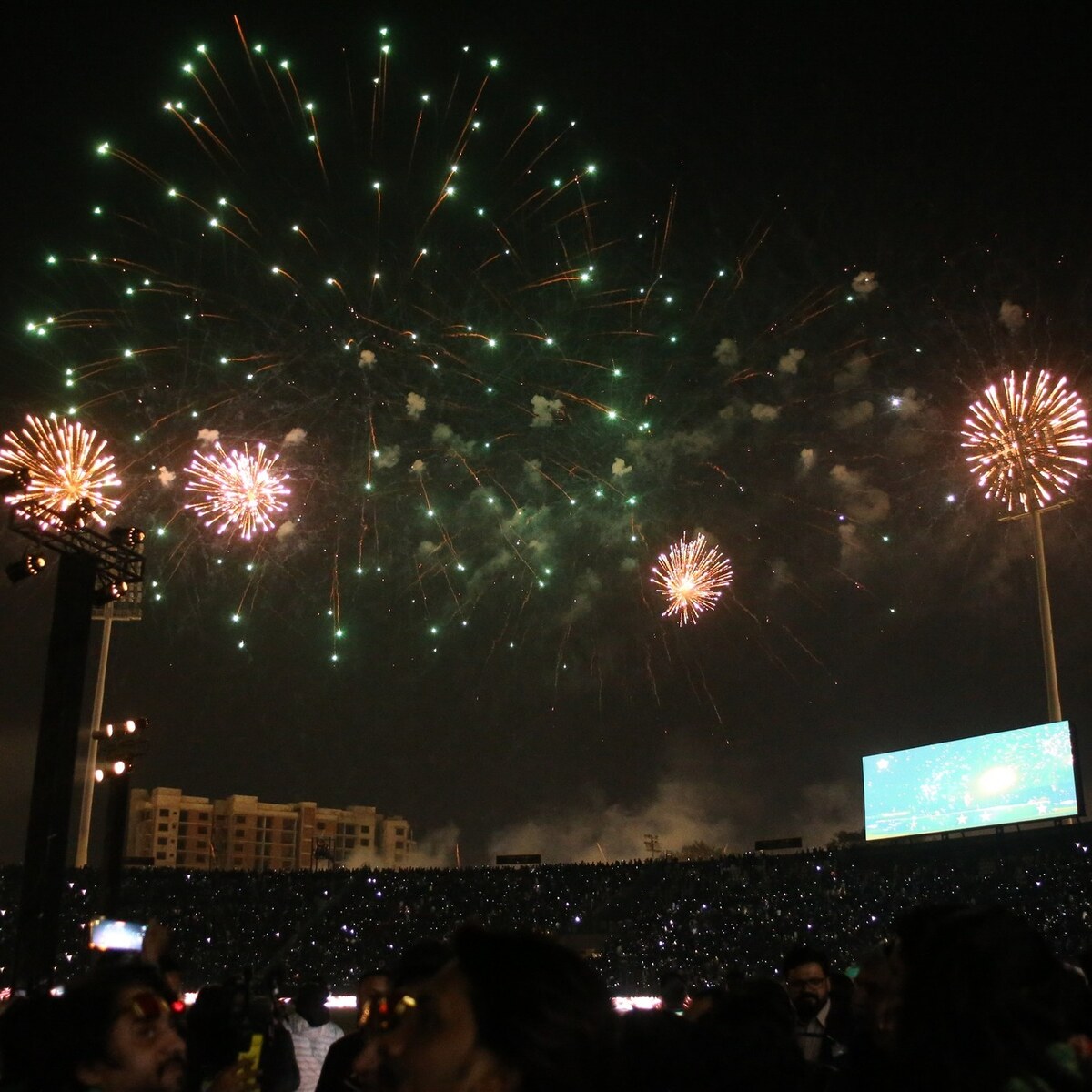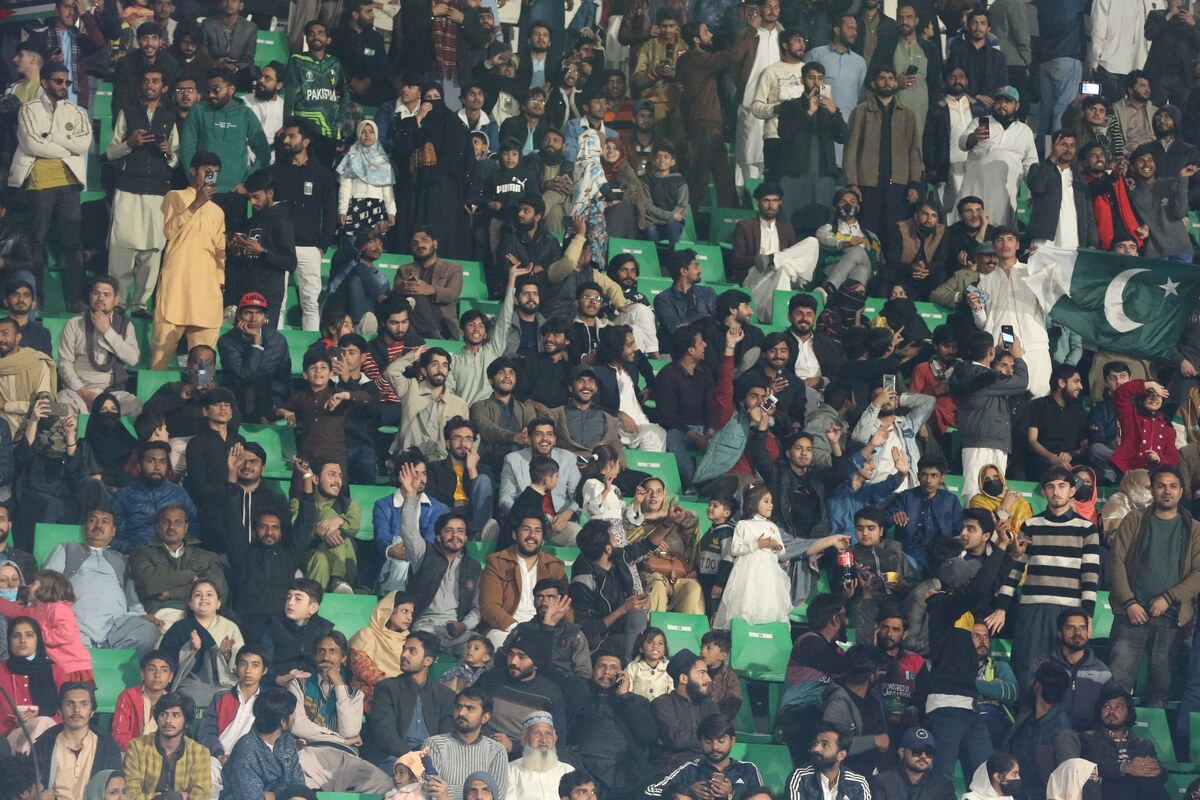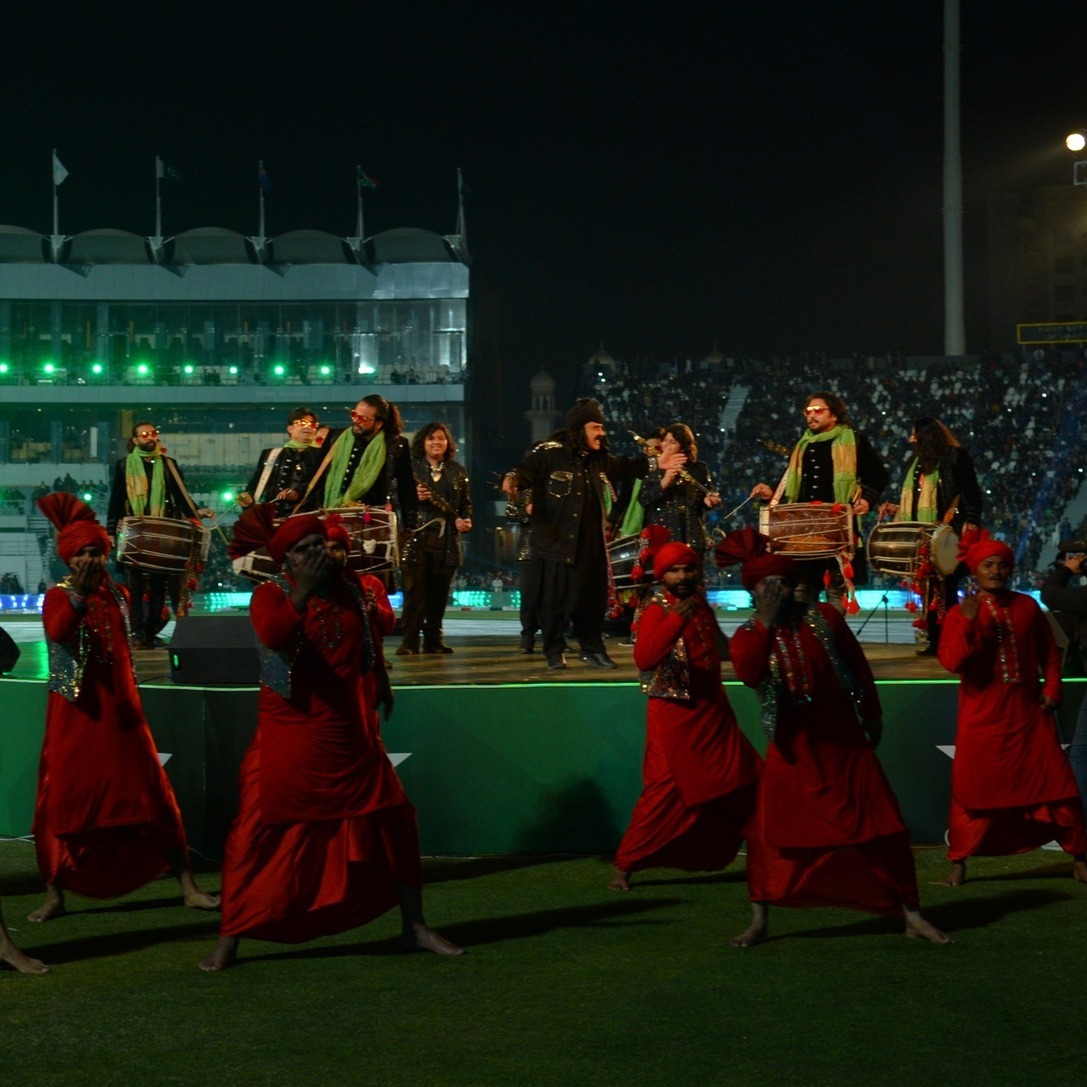ISLAMABAD: The International Monetary Fund has asked Pakistan to stop setting up any industrial zones that offer incentives for investment, Bloomberg reported on Friday, a dictate that could undermine Islamabad’s efforts to attract more Chinese industries into the South Asian country.
The IMF’s condition comes as part of the approval of a new $7 billion bailout package last month and as Prime Minister Shehbaz Sharif tries to convince Chinese companies to shift more industries into Pakistan to give fresh momentum to projects under its Belt and Road Initiative. The country had planned to build at least nine special economic zones (SEZs) under the China-Pakistan Economic Corridor (CPEC) project that are at various stages of development.
“The authorities will refrain from providing incentives such as tax breaks and subsidies to any new or existing special economic zones,” Bloomberg reported, quoting an IMF report from Oct. 10. “This will help provide a level playing field for investment.”
The lender has asked Pakistan to offer a level playing field to businesses to attract investments without undermining the country’s tax base, according to Nathan Porter, IMF’s mission chief for Pakistan.
The country has provided protection or concessions to sectors that were low in productivity, he said in a briefing last month, which was why Pakistan hadn’t been able to achieve the kind of sustainable growth rates many of its regional peers have.
“The demand from IMF is expected to immediately hit a new export processing zone that the government plans to build at the site of Pakistan Steel Mills in Karachi, Pakistan’s commercial capital,” Bloomberg said.
Pakistan authorities, after securing the 37-month loan from the IMF in September, are working to invite about 100 major Chinese industries to invest in the textile parks that Ruyi Shandong Group will start building in its southern Sindh and central Punjab provinces later this year.
The Sharif government has been wooing investors through offering special tax incentives, including exemptions from paying taxes and customs duties on imported goods, to businesses set up in such industrial zones.
China has built major infrastructure and energy projects in Pakistan to push its flagship CPEC corridor project that has helped the nation but left it burdened by huge debts.
IMF demand on special economic zones to dissuade China investments in Pakistan — Bloomberg
https://arab.news/76bw2
IMF demand on special economic zones to dissuade China investments in Pakistan — Bloomberg

- IMF has asked Pakistan to refrain from providing incentives such as tax breaks and subsidies to any new or existing SEZs
- Pakistan has been wooing investors through special tax incentives, including exemptions on taxes and customs duties







